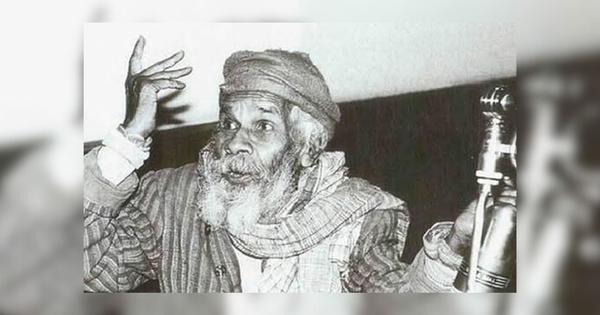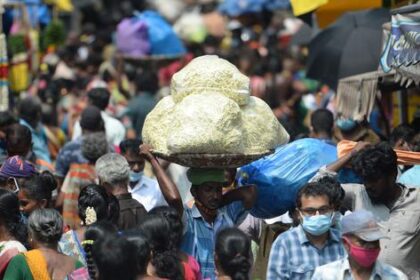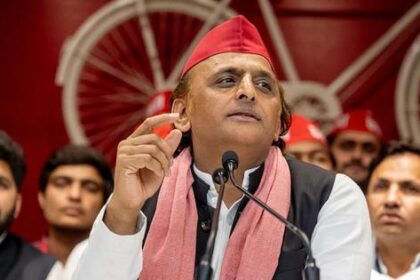Nagarjun’s work reflects a profound connection to the struggles of the rural and marginalized in India.
Nagarjun’s poetry, written in both Hindi and Maithili, embodies a unique blend of revolutionary fervor and the rhythms of rural life. His literary contributions are vast, spanning poetry collections, novels, essays, and more, establishing him as a voice for the marginalized. Born Vaidyanath Mishra in a humble Bihar village, he later adopted the name Nagarjun, under which he produced some of the most compelling works in modern Indian literature. His poetry, characterized by its fearless and genre-defying nature, addresses pressing social issues and reflects the realities of agrarian life.
The journey of Nagarjun is marked by a transition from a Buddhist monk to a Marxist thinker. This evolution is evident in his writing, where he tackled complex themes of injustice, hunger, and revolution. His major poetry collections, such as Yugdhara and Kal Aur Aaj, reveal a deep engagement with the struggles of farmers, women, and the landless, illustrating his commitment to social change. His novels, including Rati Nath Ki Chachi and Balachnama, further explore these themes, often with a raw and rooted approach.
Nagarjun’s early life was shaped by personal tragedy; he lost his mother at a young age and was raised by relatives. This background of adversity likely influenced his later works, which often resonate with themes of loss and resilience. He embraced Buddhism and later turned towards Marxism, which informed his perspective and literary voice. His studies in Sanskrit, Pali, and Prakrit enriched his understanding of language and literature, allowing him to navigate between Hindi and Maithili with ease.
His extensive literary output does not merely serve as a record of his thoughts; it acts as a mirror to society, reflecting its complexities and contradictions. Nagarjun’s writings, especially his poetry, are imbued with a sense of urgency, calling upon readers to engage with the world around them. His command of both languages deepened their respective literary traditions, as he used language not merely as a tool of expression but as a means of accountability and protest.
Throughout his life, Nagarjun remained acutely aware of the socio-political landscape of India. He voiced the concerns of those often left unheard, walking alongside farmers and advocating for the oppressed. His poignant verses captured the struggles of everyday people, challenging the status quo and demanding justice. During the Emergency years, when many voices were stifled, Nagarjun’s work became a powerful act of defiance, reflecting his unwavering commitment to truth and justice.
Nagarjun passed away on November 5, 1998, but his legacy continues to resonate. He is remembered not only as a prolific writer but as a revolutionary figure whose words still inspire protests and movements today. His ability to articulate the plight of the marginalized has cemented his status as one of India’s most iconic literary figures. The intensity of his voice, combined with his lyrical prowess, ensures that Nagarjun’s fire remains alive in the hearts of those who dare to speak truth to power.








